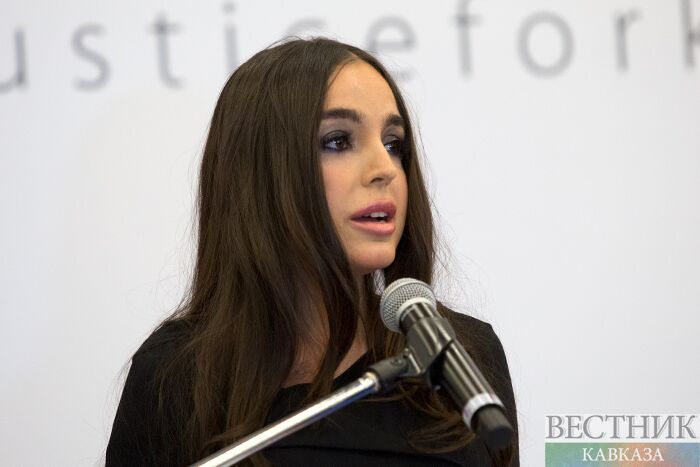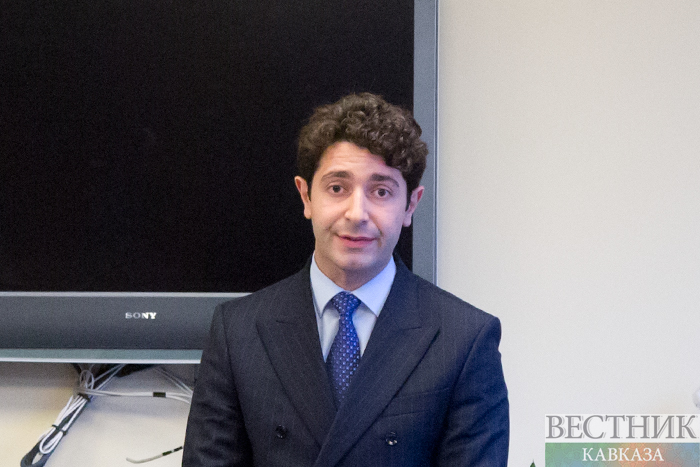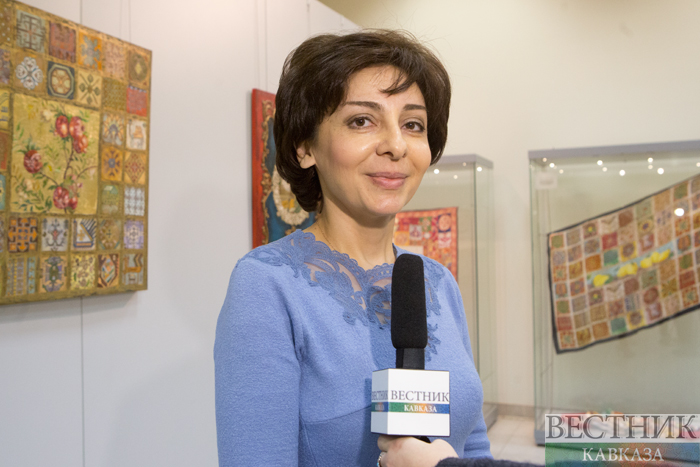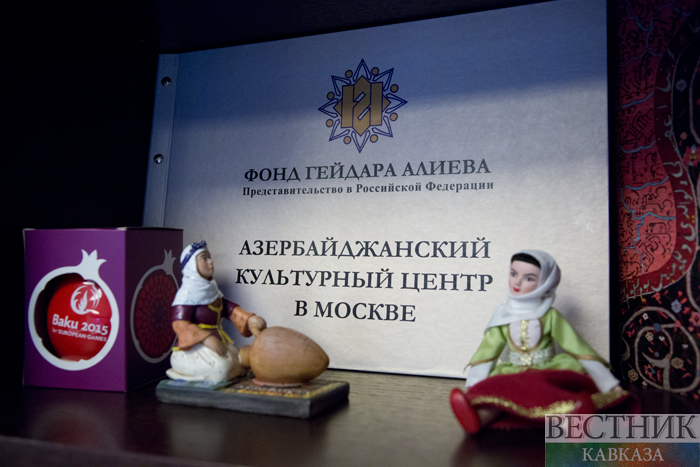Despite the collapse of the Soviet Union, residents of the newly independent states continue to share a common cultural space: history, literature, music and other cultural values. There is continuing interest in the theater, museums and books published in neighboring countries. So, the favorite thing those who come to Moscow like to do is choosing books in the capital's bookstores.
Obviously, today there is a public interest in preserving the cultural achievements of the Soviet and pre-Soviet times, in further interaction and mutual enrichment of cultures. It is no secret that sometimes this practice of cultural interaction is ahead of the development of political and economic cooperation and contributes to the development of interstate contacts in various fields.
Relations in the field of culture and education play a special role, making it possible to understand each other, preserve those spiritual values that unite citizens of post-Soviet states. One of the current trends is teaching history and languages of the peoples of neighboring countries, when specialists, along with students at different educational sites, turn over the pages of history, trying to understand the events that led to the formation of certain ethnic groups (Armenian, Azerbaijani, Georgian, Kazakh, Kyrgyz, Uzbek ...), which now have become titular in their countries. Knowing the roots of these peoples, their history from ancient times, their traditions, customs, values, the course of transformation of ethnic groups in nations, one can achieve the depth of understanding of processes that is necessary for orientation in the modern world.
Until the early 2000s, a complex of problems related to the development of historical processes in the post-Soviet space was not considered within the framework of a systematic approach; there was no holistic picture of the relations and internal development of the countries that were part of the USSR. However, later a trend towards the restoration of a common scientific and educational space between the former Soviet countries could be seen, which required a special appeal to history, an analysis of general and distinct trends in political, economic and cultural development.
Thus, the department of history of neighboring countries was opened at the Faculty of History of Moscow State University in 2004. The Institute of Post-Soviet and Interregional Studies was created at the RSUH on the basis of the post-Soviet foreign department, which has become one of the most respected educational units for training specialists in history, foreign and domestic policy, management, economics and law, culture of the CIS and Baltic countries (Azerbaijan, Armenia , Belarus, Georgia, Kazakhstan, Kyrgyzstan, Latvia, Lithuania, Moldova, Tajikistan, Turkmenistan, Uzbekistan, Ukraine, Estonia).
The study of the history of Azerbaijan in Moscow universities were initiated by Efim Iosfovich Pivovar, Sergey Pavlovich Karpov, Alexei Viktorovich Vlasov, Ismail Alovsat oglu Agakishiev.
Later, in 2009, the Center for Azerbaijani Language and Culture was established at Moscow State Linguistic University, where modern educational technologies and innovative teaching methods are used to work with students. The Center has a library of teaching and methodological manuals, works of Azerbaijani classics and modern writers translated into Russian, books about Azerbaijani history, culture and art, as well as numerous documentary, journalistic and feature films.
However, it was not enough. It is no secret that many Azerbaijanis study at all Russian universities - both those who were born and raised in Russia and are citizens of the Russian Federation, and those who came to Russia from Azerbaijan to study. The most active of them, seeking to study their history, as well as the history of other peoples, have expressed a desire to attend a course of lectures on the history of Azerbaijan.

The idea was supported by the Azerbaijan Youth Association of Russia (AYOR), chaired by Leyla Aliyeva. Now AYOR unites Azerbaijani youth and helps them integrate into Russian society in order to adequately represent their homeland. Among the goals of the association are the preservation of Azerbaijani national and cultural values, support of social, creative, educational initiatives of Azerbaijani youth; creation of conditions for a more complete inclusion of Azerbaijani youth in the cultural life of Russian society; promotion of friendship, trust and mutual understanding between peoples.

The responsibility to implement the idea was assumed by the AYOR Executive Secretary, Ph.D. Jeykhun Huseynov, who graduated from MGIMO with a degree in management, marketing and foreign economic activity, and has extensive working experience with students.
The Azerbaijan Cultural Center of the Library of Foreign Literature was chosen as a platform for lectures on the history of Azerbaijan. The 'Foreigner' positions itself as a public library of a broad humanitarian profile, being at the same time an international cultural center, a meeting place and lively communication of representatives of various countries, peoples, cultures, languages and faiths. The Bulgarian Cultural Institute, the Ibero-American Cultural Center, the Netherlands Educational Center, the Center for Franco-Russian Studies and others also operate here.

Director of the Azerbaijan Cultural Center in Moscow Nisa Mustafayeva
Lectures on the history of Azerbaijan will be delivered by teachers of best Moscow universities - Moscow State University, MGIMO and Azerbaijani, which teach it in their higher educational institutions.
The Russian government pays attention to the study of the languages, history and culture of its neighbors, which helps to maintain the old ties. But this process is mutual. Speaking at the plenary session of the 16th Annual Meeting of the Valdai International Discussion Club in Sochi, Azerbaijani President Ilham Aliyev noted great achievements in the field of education: "A branch of Moscow State University has been operating in Azerbaijan for many years, as well as a branch of the First Moscow State Medical University. All state universities in Azerbaijan have branches in Russian. A total of 25,000 students study in Russian. Also, 130,000 schoolchildren in 338 schools in our country study in Russian in 338 schools with Russian education."
Consistency in the development of intercultural dialogue contributes to the preservation of the bridge that connects the cultural space of Russia and Azerbaijan, formed at the end of the 19th century, and today one of the main tasks is preserving and transferring accumulated experience to future generations.
Everyone who respects this history and sincerely wants to study it is invited to the lectures on the history of Azerbaijan.







